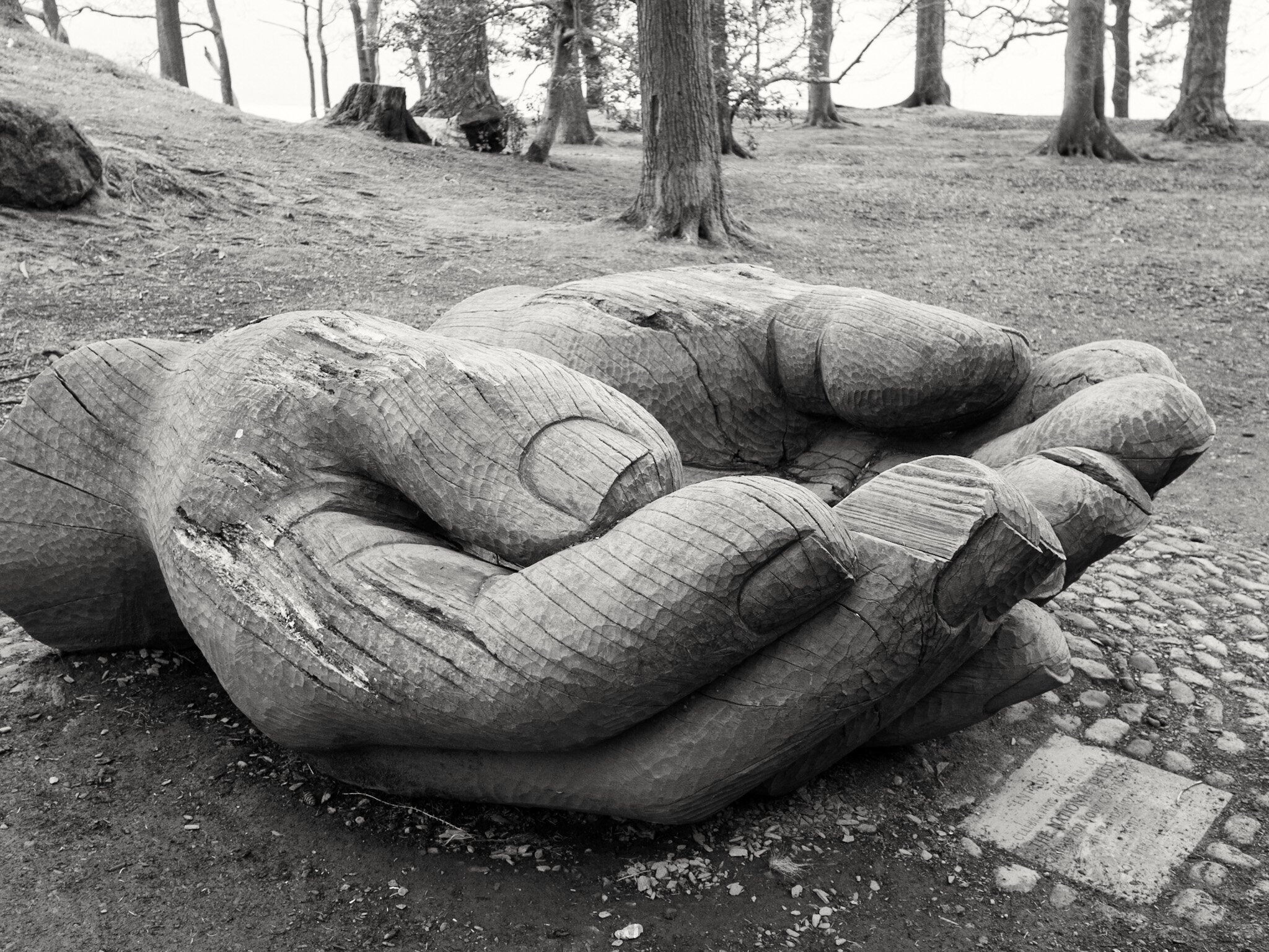Commentary on Judges 4:1-7
It is mind-boggling but true: this is the only passage from the book of Judges that appears in the Revised Common Lectionary. May it serve as our invitation to delve more deeply into this rich and fascinating book!
Judges plays a crucial role in the Hebrew Bible. It preserves stories of local God-led heroes, as well as self-critical tales of struggle to live in community amid the peoples who had long inhabited the so-called “promised land.” The book of Judges provides some balance to Joshua, which tells about conquering the land practically in one fell swoop. Judges depicts a scenario more of settlement than Joshua’s descriptions of conquest.
Judges 4:1-3 exemplifies the theologically informative editorial framework that repeats throughout the book: The people disobey God, God punishes the people, they call on God for help, and finally they welcome a God-sent Judge to rescue them. This cycle serves as the mortar for the mosaic of colorful characters in this book, all the while giving credit to God for both victories and defeats.
In this episode we meet Deborah, a prophetess, judge, and military leader. While all English translations call her “wife of Lappidoth,” that Hebrew phrase could also be translated “woman of fire,” which aligns with her actions in this passage. The Fiery Warrior Deborah has an assistant named Barak, reluctant despite his name, which means “lightning.” Their foe, the Canaanite General Sisera, ultimately meets his end through the gasp-provoking actions of Israel’s enemy-turned-ally Jael. We only get the tiniest portion of this story in 4:1-7. Let that introduction summon us into the fuller narrative because this is one of the most gripping, shocking, eyebrow-raising stories in the Bible! It would be a huge betrayal of a scriptural faith to deprive a congregation of this entire tale.
This fast-paced, grisly tale of underdog heroism, worthy of the Marvel Universe, must have been popular in the imaginations of ancient Israel because our ancestors in faith preserved the whole story arc twice in a row. It appears first in narrative form (chapter 4), and then again as a poem or song (chapter 5). Some scholars argue that stories in poem or song form would have been some of the earliest literature written. If so, then Judges 5—along with Exodus 15:21—provide glimpses of the oldest stories in the Bible. Even if these stories in verse were not the oldest parts of the Bible, they are nonetheless significant for providing the same content in narrative and then poetic form consecutively (Judges 4, 5; Exodus 14, 15:1-21). Notably, these are both stories about women.
Neither Barak nor the narrator report being surprised that the prophetess, judge, and military leader Deborah is a woman. Are we? As a prophetess, Deborah spoke on behalf of God. As a community leader, she mediated and settled disputes. As a military commander, she provided divinely guided confidence and leadership. An intriguing comment about her in 5:7 suggests that her governance ensured care for the poor of the community. These traits and tales about Deborah (not to mention Jael) should powerfully inform the assumptions many of us hold about biblical women. This passage may demand that we re-think those stereotypes!
Indeed, Barak’s reply to Deborah, when she asks him to help with this battle, indicates that he has much more confidence in her than in himself: “If you will go with me, I will go; but if you will not go with me, I will not go.” (4:8) We may detect both defensiveness and bravado from Deborah in her foreshadowing reply to Barak that “the road on which you are going will not lead to your glory, for the LORD will sell Sisera into the hand of a woman” (4:9). Adding to the intrigue, the woman who will take down Sisera is not even Deborah, but Jael.
Finally, near the end of chapter 4 we meet Jael, a woefully under-appreciated biblical character. A non-Israelite, Jael’s household had once been associated with the enemy, but after the defeat of Jabin’s army she apparently switched sides, slyly taking out the defeated commander by hammering a tent peg through his temple. In so doing, she protected both herself as well as the people of Israel (4:17-22; 5:24-27). General Sisera had fled to Jael’s tent, perhaps expecting refuge since her husband Heber the Kenite had been on friendly terms with Sisera’s King. Curiously, we lack much information about this scenario. Why did Jael behave as she did? Why offer milk when he asked for water? To make him sleepy? Why kill him? Was she demonstrating her allegiance to the victor through a murderous act of loyalty? Was she protecting herself from becoming a “spoil of war,” since she was home alone and facing a newly defeated general? A kidnapping like that would have been expected after a battle, as exhibited in Judges 5:30. Or was she just another femme fatale—popular in the male imagination from ancient times to today? (See Hilary Lipka “Femmes Fatales in the Bible.” Additionally, Jennifer Koosed provides additional contextual and background information in her article “Deborah” on BibleOdyssey.org.)
We find echoes of this astonishing story in modern tales like the films “Thelma and Louise” (1991, MGM) and “Extremities” (1986, Paramount) in which efforts at self-defense tempt—or accomplish—murder. The plots in these stories, as is more vaguely the case for Jael, raise pressing questions for all readers about the larger issues of Judges. Is God behind every instance of punishment posed as suffering? Does God respond to the cries of the vulnerable by sending a powerful rescuer? While God was said to have raised up Deborah and Barak to protect the Israelites from their chariot-rich aggressors, where was protection to have come from for Jael? Or did Jael work for God too?
These questions and characters deserve a role in our faith storytelling. May this be an opportunity to teach with, learn from, and dialogue together about Deborah, Barak, Sisera and Jael, and the ways in which such figures reappear even today.



November 19, 2023